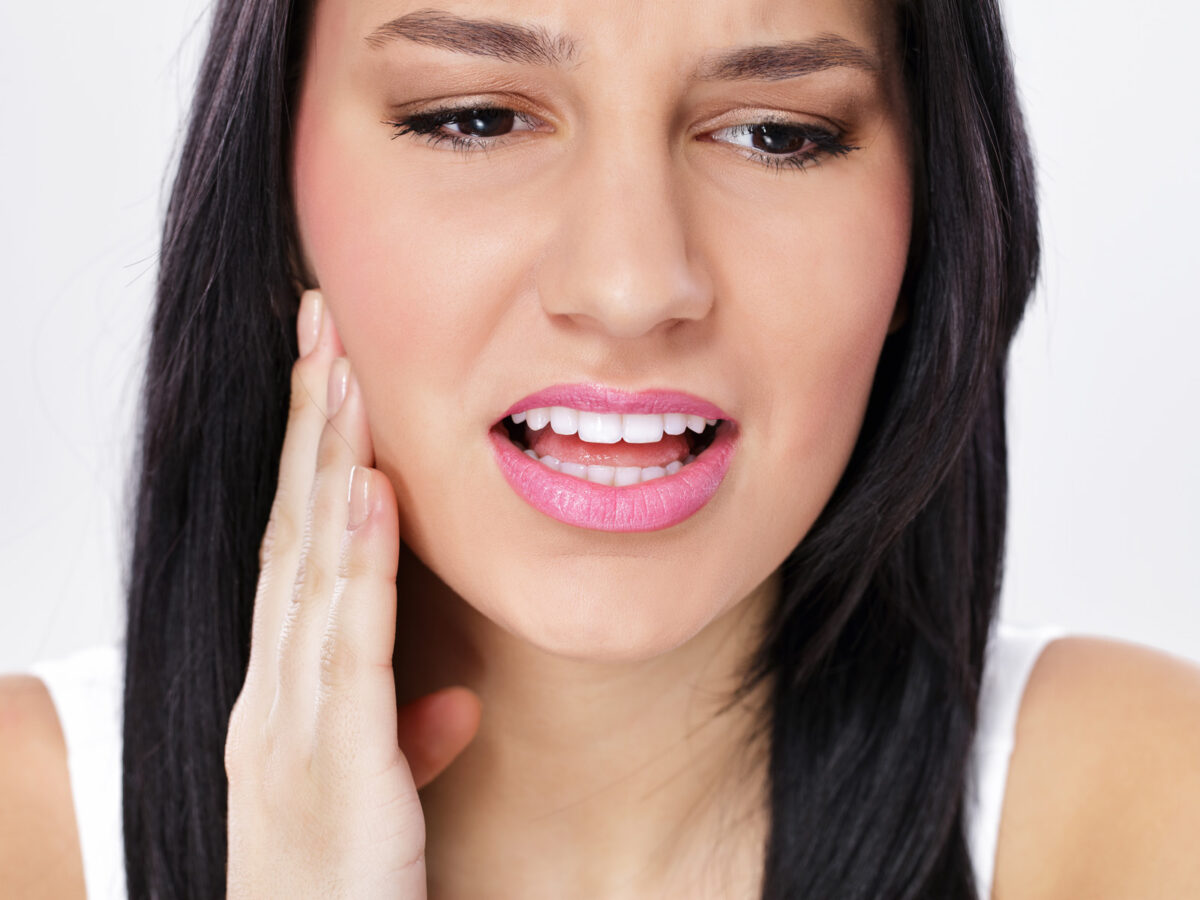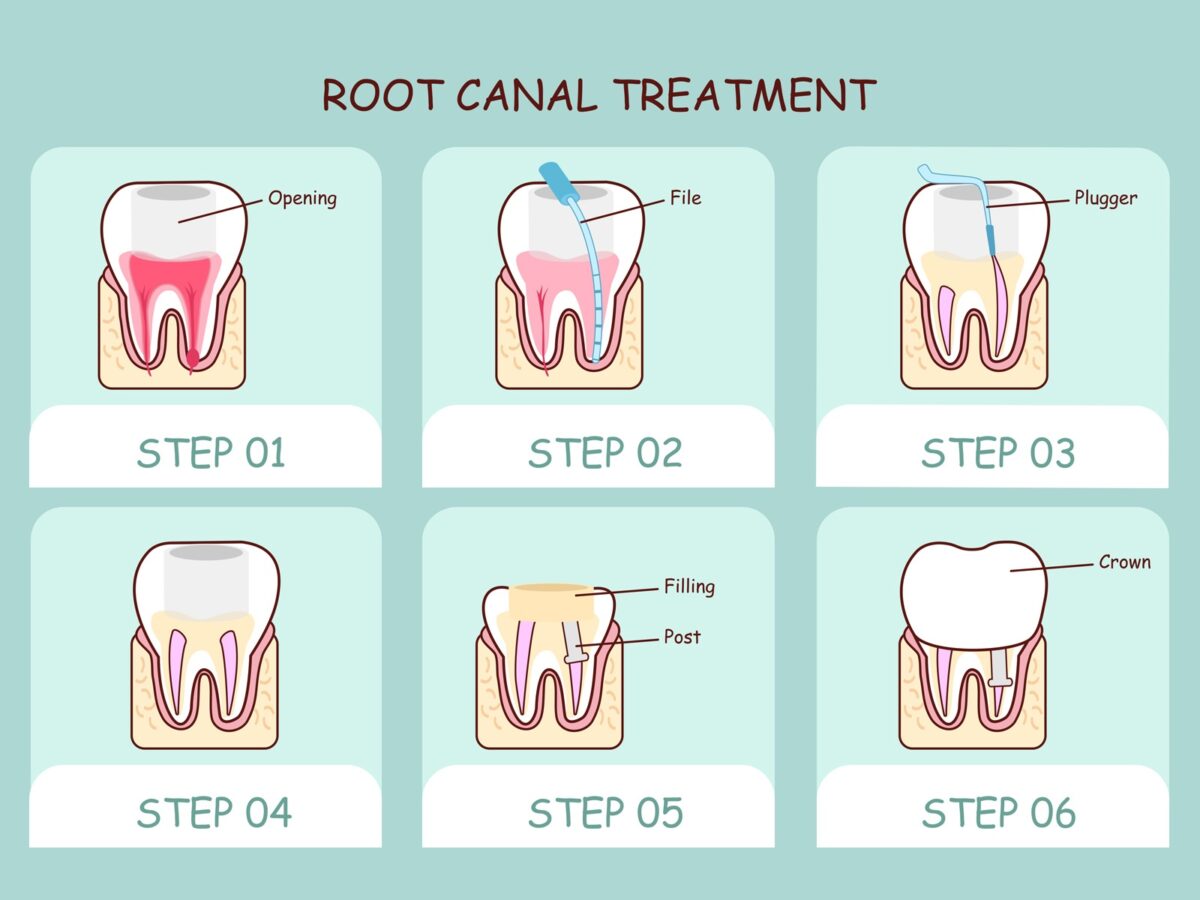We all have at least one habit we wish we could break. Would you believe that some of them can be detrimental to our oral health? Check out some of these habits and tips for breaking them.
Utilizing Your Teeth as a tool:
- How can it be harmful: You can chip or break your teeth or suffer jaw injury using the teeth to open bottles, cut thread, or perform other tasks.
- What can be the solution: If you don’t have scissors at your disposal, you shouldn’t hold or open items with your teeth. Locate your scissors or ask someone for assistance. You will greatly benefit from it, preventing yourself from dental complications that can be expensive and painful.
Biting your nails
- How can it be harmful: Nail biting could negatively impact your dental health by chipping your teeth or causing damage to teeth. The longer you leave your jaw protruding, the stronger the pressure on it becomes. Your gums may also be torn or damaged.
- What can be the solution: Several patients find that wearing a mouth guard prevents them from biting their nails. You can also apply bitter-tasting nail polish to reduce nail biting or use therapy techniques to reduce stress.
Constant Snacking
- How can it be harmful: Cavities are more likely to occur if your diet is heavy on sugary foods and drinks. Leftover food feeds the cavity-causing bacteria, producing acid that erodes your teeth’ outer shell.
- What can be the solution: Eating balanced meals will help you stay fuller for a more extended period, thus reducing snacking. Don’t snack on sugary foods. Drink a glass of water after eating a sugary snack if you feel tempted to indulge.
Using too much pressure when brushing
- How can it be harmful: Ideally, brush your teeth twice a day for at least two minutes. Avoid brushing too hard to avoid damaging your teeth or irritating your gums. Over Brushing may cause gum recession and inefficient tooth cleaning.
- What can be the solution: Apply proper pressure when brushing with a soft toothbrush instead of brushing hard. Brush your gums at a 45-degree angle with your toothbrush bristles, and minimize the force of the brush.
Clenching and Grinding
- How can it be harmful: In addition to chipping or cracking your teeth, you might also experience muscle tenderness and joint pain. In addition, you may be unable to open your mouth wide or experience pain when chewing.
- What can be the solution: Using relaxation exercises can help you avoid grinding your teeth or clenching your jaw. You can also use a mouthguard to prevent your teeth from grinding while you sleep. You will be relieved of any tooth pain or sore muscles and can sleep better as a result. Consult a dentist if you suffer from teeth grinding to find out how to prevent it.
Chewing on ice cubes
- How can it be harmful: Crystals make up enamel and ice. Pushing two crystals against one another can cause one of them to break. Sometimes it’s ice, sometimes it’s a tooth.
- What can be the solution: Use a straw instead of ice when drinking beverages.
Call our office to schedule your next dental appointment if you feel pain or sensitivity in your teeth.
Schedule your appointment with a dentist today and get the treatment on time!




